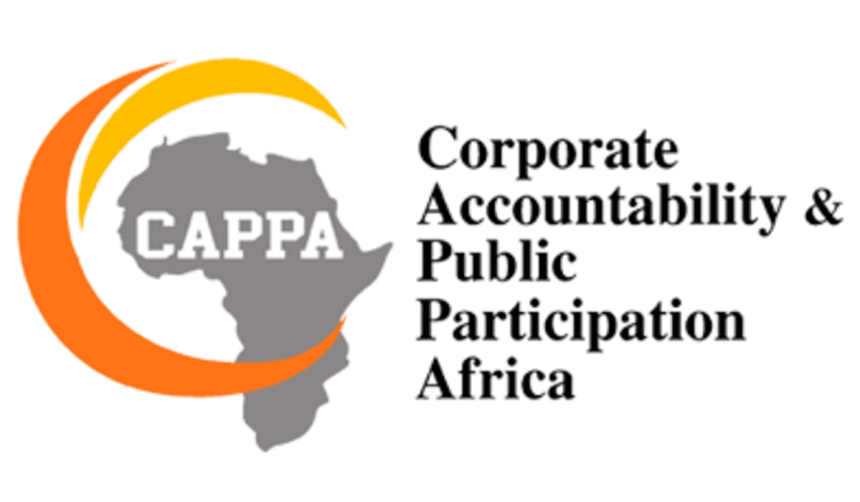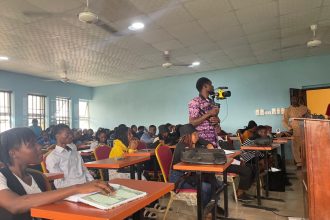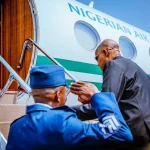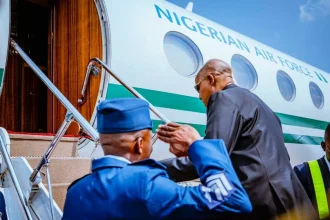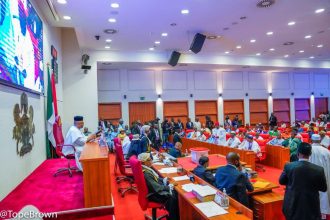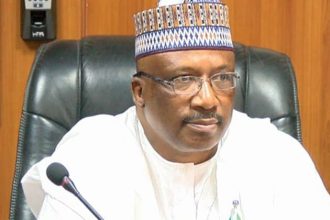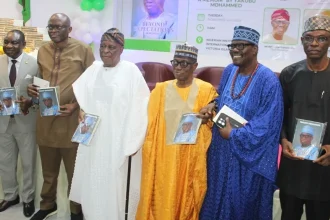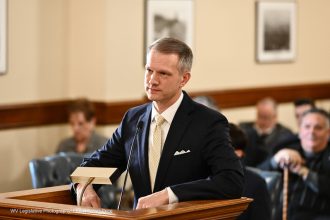The Corporate Accountability and Public Participation Africa (CAPPA) has announced prominent Nigerian civil rights leader, Auwal Musa Rafsanjani, as the new Chairman of its Advisory Board, following a board election held over the weekend.
The organisation described his emergence as a renewed mandate to intensify its defence of people, public resources, and democratic space across Nigeria and the African continent.
Beyond his long-standing civil society leadership, Mr. Rafsanjani also serves as the Executive Director of the Civil Society Legislative Advocacy Centre (CISLAC) and the Head of Transparency International in Nigeria. He presently chairs the Board of Trustees of Amnesty International Nigeria, leads the Zero Corruption Coalition, and co-convenes the Say No Campaign.
His work has spanned regional and global platforms, including his role as past Sub-Saharan Africa representative on the Coordination Committee of the UN Convention Against Corruption (UNCAC) Civil Society Coalition. A founding member of the Transition Monitoring Group (TMG), he has spent over three decades advancing extractive transparency, anti-corruption reforms, human rights, and legislative advocacy across West Africa.
In its statement to the media, CAPPA said it is confident that Mr. Rafsanjani’s formidable experience in anti-corruption campaigns and policy advocacy will strengthen its work across Africa. The organisation noted that his leadership arrives at a time when civic space is shrinking, state resources are being commercialised, and communities face the dual risks of economic exclusion and environmental harm.
The Advisory Board also includes Akinbode Oluwafemi (Executive Director and Board Secretary); Evelyn Nkanga Bassey (Treasurer); Scott Pegg; Kayode Ogunbunmi; Betty Abah; and Doifie Buokoribo. Together, they bring deep experience in policy advocacy, environmental and rights activism, global development practice, and community-defence organising.
Speaking after his election, Mr. Rafsanjani noted that his priority is to anchor CAPPA more firmly as a fearless watchdog for the public good.
He highlighted the organisation’s work in public health advocacy, environmental protection and extractive justice, democratic rights, and defence of public services as core areas that will receive stronger institutional backing and clearer strategic direction.
While stressing the need to set a clear direction for Nigeria’s mining sector, the Board Chairman lamented that the “global energy transition has triggered an aggressive hunt for lithium and other ‘green minerals’ essential for batteries, electric vehicles, and digital infrastructure.”
He observed that while corporations present this as a new economic frontier — and the Nigerian government recently celebrated that the mining sector now contributes about 4.6 percent to national GDP, up from less than half a percent a decade ago — this growth is unfolding alongside land grabs, forced displacement, environmental degradation, and the return of concession-style politics in host communities.
The Board stated plainly that Nigeria risks repeating the tragedy of the Niger Delta, where oil wealth produced national revenue but destroyed entire ecosystems and livelihoods.
Mr. Rafsanjani therefore stressed that unless the government enforces strong regulation, guarantees community consent, and ensures transparent governance, the country will simply replace one resource curse with another.
He further urged policymakers to recognise that “there is no just transition if communities do not share in its gains.” Hence, the newly elected CAPPA Board Chairman called for a people-centred resource framework that treats land, water, culture, and livelihoods as more than collateral for investment.
The Board also urged Nigerians to question any development model that enriches a few while displacing many and devastating the environment.
Reaffirming its commitment, the CAPPA Board vowed to expand alliances with labour movements, grassroots organisations, women’s groups, youth formations, and community defenders across the continent.
It also declared that “the fight for public accountability and participation is one struggle that cannot be won by scattered voices.”


